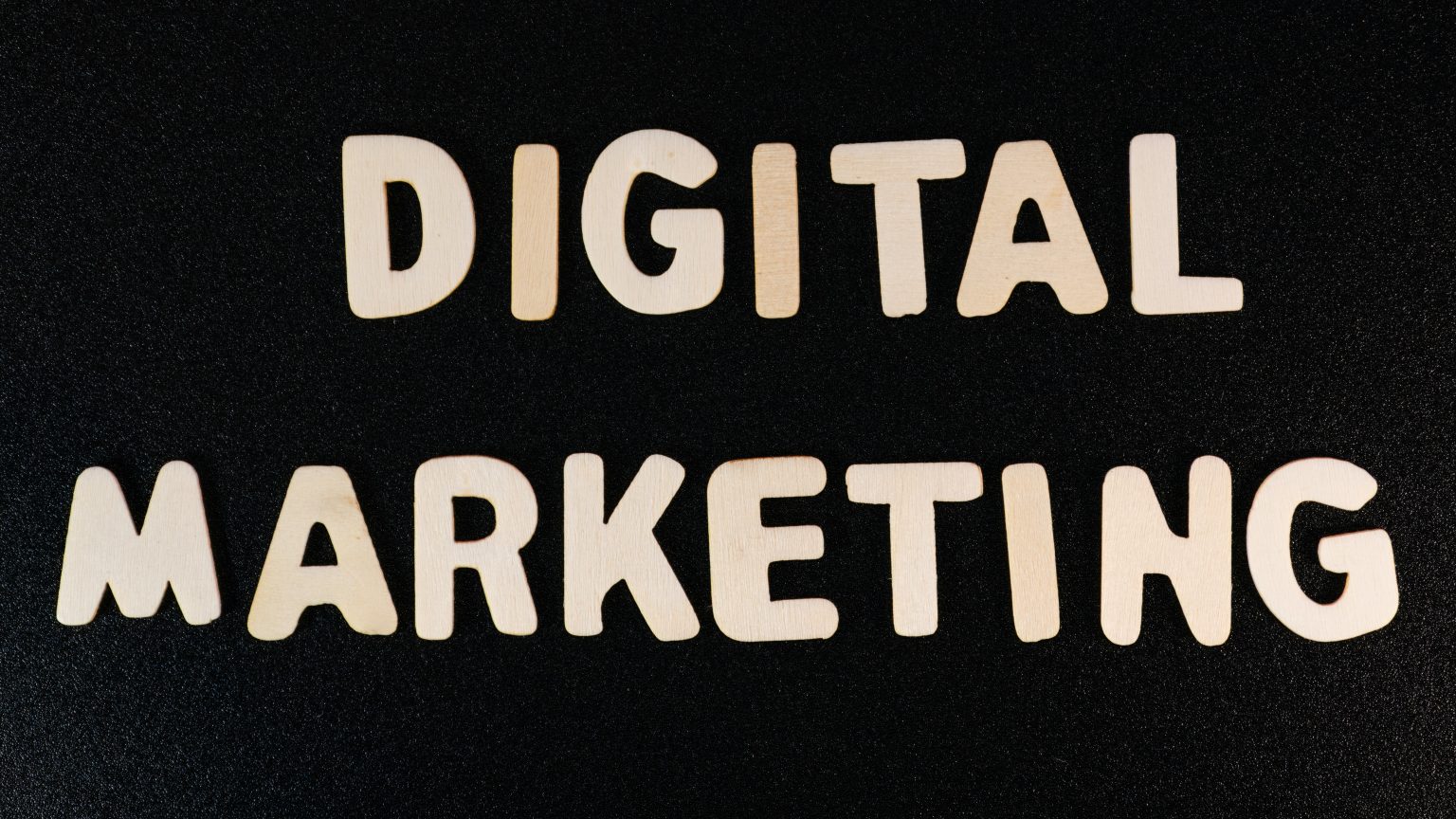The digital world is evolving faster than ever, creating a wealth of opportunities for businesses to connect with their audiences. As companies strive to keep up, they’re realizing that digital marketing is more than just a trend—it’s a fundamental tool for success. Whether you’re launching a startup or managing a well-established brand, harnessing the power of digital marketing is key to standing out in an increasingly crowded marketplace. This article explores why digital marketing matters, how it benefits businesses of all sizes, and key strategies to make the most of its potential.
The Growing Importance of Digital Marketing in a Digital Age
Digital marketing plays a central role in how businesses engage with customers, both current and potential. Traditional marketing methods like print ads and billboards still hold value, but they cannot provide the real-time engagement and data insights that digital marketing delivers. For businesses today, understanding and utilizing digital marketing strategies is not just an option; it’s a necessity.
What Makes Digital Marketing So Essential?
Digital marketing’s versatility and reach allow companies to connect with a larger, more targeted audience, enabling brands to not only attract new customers but to also build loyalty among existing clients.
1. Increased Visibility and Brand Awareness
Digital marketing allows businesses to be found where potential customers are spending their time: online. With tools like social media marketing, search engine optimization (SEO), and content marketing, businesses can ensure their brand is visible, making it easier to capture the attention of interested audiences.
2. Data-Driven Insights
One of the greatest advantages of digital marketing is access to valuable data. Analytics provide insights into customer behavior, interests, and preferences, allowing businesses to make informed decisions and tailor their marketing strategies for maximum impact.
3. Cost-Effective Marketing
Compared to traditional advertising channels, digital marketing is more affordable, enabling even small businesses to compete with larger players. Paid ads, for instance, can be tailored to a specific budget, ensuring no resources are wasted, and offering a clear return on investment (ROI) for every dollar spent.
4. Targeted Marketing to Reach Ideal Customers
With the power of digital marketing tools, businesses can refine their marketing efforts to reach specific demographics. By narrowing down on age, gender, interests, and geographical location, companies can ensure their message reaches people who are most likely to convert into customers.
Interested in mastering digital marketing? Explore the top-rated Digital Marketing Specialization on Coursera and Udemy. Offered by the University of Illinois, this in-depth program covers vital skills like SEO, analytics, and strategic digital marketing—ideal for beginners and professionals aiming to enhance their knowledge and skills.

Key Components of Digital Marketing That Drive Success
To create a successful digital marketing strategy, businesses need to understand the main components and tools available. Here are some of the most impactful areas of digital marketing that no business can afford to ignore.
1. Search Engine Optimization (SEO)
SEO is crucial for increasing organic visibility. When a business’s website ranks high on search engine results pages (SERPs), it gains more traffic and credibility, leading to higher conversion rates.
2. Social Media Marketing
Social platforms like Facebook, Instagram, LinkedIn, and Twitter provide unique opportunities to connect with audiences, foster community engagement, and share valuable content. Social media marketing is especially valuable for brand building and customer retention.
3. Email Marketing
Email remains one of the most effective ways to nurture leads and maintain customer relationships. By delivering personalized messages, promotions, and updates, businesses can stay top-of-mind for their audience and drive repeat sales.
4. Content Marketing
From blog posts to video content, content marketing is key to establishing a brand as an industry authority. By creating valuable and relevant content, businesses can attract, engage, and convert potential customers while simultaneously building trust.
5. Pay-Per-Click Advertising (PPC)
PPC allows businesses to pay for advertisements that appear in search engines and on social media. It’s a highly targeted form of advertising that can yield significant results, especially when combined with other digital marketing techniques.
The Benefits of Digital Marketing for Small and Large Businesses
Regardless of a business’s size, digital marketing can provide advantages that help level the playing field.
Digital marketing offers scalable solutions, making it an ideal option for small businesses. With affordable options for SEO, PPC, and social media marketing, smaller companies can target niche audiences without the need for a huge budget.
For larger businesses, digital marketing allows for continuous engagement with a broad audience. Regularly updating content and engaging with followers can help establish a brand as trustworthy and reliable, leading to stronger customer loyalty.
Through digital platforms, businesses can interact with customers directly, respond to queries, address complaints, and show appreciation for loyal customers. This real-time interaction helps brands build positive relationships with their audience.
Click this link to access the Course
Challenges Businesses Face in Digital Marketing
Despite its advantages, digital marketing also presents some challenges that businesses should be prepared to address.
The digital landscape evolves quickly, with trends shifting as technology advances. Staying updated with the latest SEO practices, social media algorithms, and advertising policies requires effort and continuous learning.
Consumers today are inundated with content, which makes it harder for businesses to stand out. Creating unique, high-quality, and engaging content is crucial to capturing attention and building loyalty in a crowded digital space.
As businesses rely more on digital tools, they must also ensure the security of their customer data. Investing in secure systems and following best practices for data privacy is essential to maintain customer trust.

Best Practices for a Strong Digital Marketing Strategy
To create a powerful digital marketing presence, businesses should follow these best practices:
1. Set Clear Goals
Define what success looks like for your digital marketing efforts. Whether it’s increasing brand awareness, generating leads, or driving conversions, having clear goals is essential to measure your progress and refine your strategy.
2. Utilize Multiple Channels
A multi-channel approach ensures you reach a broader audience. Combining SEO, social media, email, and paid advertising allows businesses to connect with customers across different platforms and at various stages of the buyer’s journey.
3. Focus on Content Quality
High-quality, valuable content is a must. Content that educates, entertains, or solves problems for your audience not only engages them but also builds trust and positions your brand as a leader in the industry.
4. Monitor and Adjust Regularly
Digital marketing requires flexibility. By consistently analyzing campaign performance, businesses can identify what works and what doesn’t, making adjustments to optimize results and budget allocation.
The Future of Digital Marketing: Staying Competitive in a Digital-First World
Digital marketing will continue to evolve as technology advances, and businesses that stay adaptable and innovative will thrive. Emerging technologies like artificial intelligence (AI), machine learning, and augmented reality (AR) are expected to transform the way brands interact with customers.
For example, AI-driven chatbots can improve customer service, while AR tools enable customers to visualize products before purchasing. These technologies, when integrated into a digital marketing strategy, can provide unique experiences that increase customer engagement and satisfaction.
Digital marketing is more than just an option—it’s a powerful tool that allows businesses to reach their full potential. By understanding the importance of digital marketing, leveraging key strategies like SEO, social media, and content marketing, and staying adaptive in the face of change, companies can thrive in the competitive digital landscape.
For businesses of any size, the benefits of digital marketing are clear: it offers greater visibility, improved customer engagement, and access to valuable data insights, all while being cost-effective and scalable. Embracing digital marketing is essential to build a strong brand, attract loyal customers, and drive long-term growth.
For more insightful readings and the latest updates on e-commerce trends, keep an eye on our blog. Together, let’s explore the innovations that are transforming how we shop, one virtual experience at a time.




